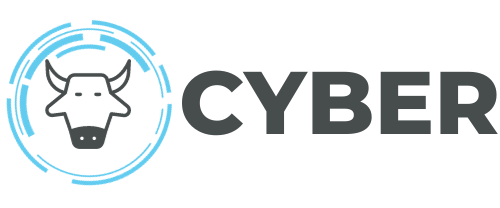As we’ve previously discussed the critical role of cybersecurity in the health sector, let’s now turn our attention to another vital area: cybersecurity in recruitment. The recruitment industry has rapidly embraced digital transformation, from online applications to virtual interviews and digital background checks. While these advancements have streamlined the process, they’ve also increased the risk of exposing sensitive data.
To help both recruitment agencies and job seekers stay secure, here’s a practical guide we’ve created to follow:
For Recruitment Agencies:
- Secure Your Systems: Agencies handle valuable data—CVs, contact information, and more. Ensure your systems are secure with encryption, regular backups, and limited access to sensitive information.
- Vet Third-Party Vendors: The software you use for job boards, applicant tracking, and CRM systems should meet high security standards. Look for vendors that implement strong encryption and conduct regular security audits.
- Implement Multi-Factor Authentication (MFA): Protect your sensitive systems by requiring more than just a password. MFA adds an extra layer of security that can help prevent unauthorised access.
- Train Your Team: Human error is one of the biggest cybersecurity risks. Provide regular training on identifying phishing attempts, using secure passwords, and understanding data protection best practices.
- Create an Incident Response Plan: In the event of a breach, having a clear, tested response plan will enable your team to act swiftly and minimise damage.
For Job Seekers:
- Protect Your Online Presence: Before applying, ensure the website is secure (look for “https” in the URL) and be cautious about oversharing on public job boards.
- Be Wary of Emails: Always verify unsolicited job offers or interview requests before clicking links or downloading attachments. Fraudsters often use these tactics to steal personal data.
- Use Strong Passwords: Avoid reusing passwords across multiple platforms. Consider using a password manager to store them securely.
- Enable Two-Factor Authentication (2FA): Strengthen your online security by activating 2FA on your job-related accounts for an added layer of protection.
- Watch Out for Phishing: Fraudulent recruiters may try to steal your personal data. Always double-check the legitimacy of job offers before sharing any sensitive information.
Just like in healthcare, the recruitment industry faces significant risks when it comes to handling personal and confidential data. From job seekers’ personal details to internal communication, every piece of information needs to be treated with care and protected accordingly.
At the end of the day, cybersecurity in recruitment is not just a technical issue; it’s a shared responsibility between agencies and candidates. By adopting these simple, yet effective, practices, you’ll be helping build trust and safeguard valuable data in the recruitment process.
We’re always here to share our insights and offer guidance on how to stay safe and secure in the digital world.

